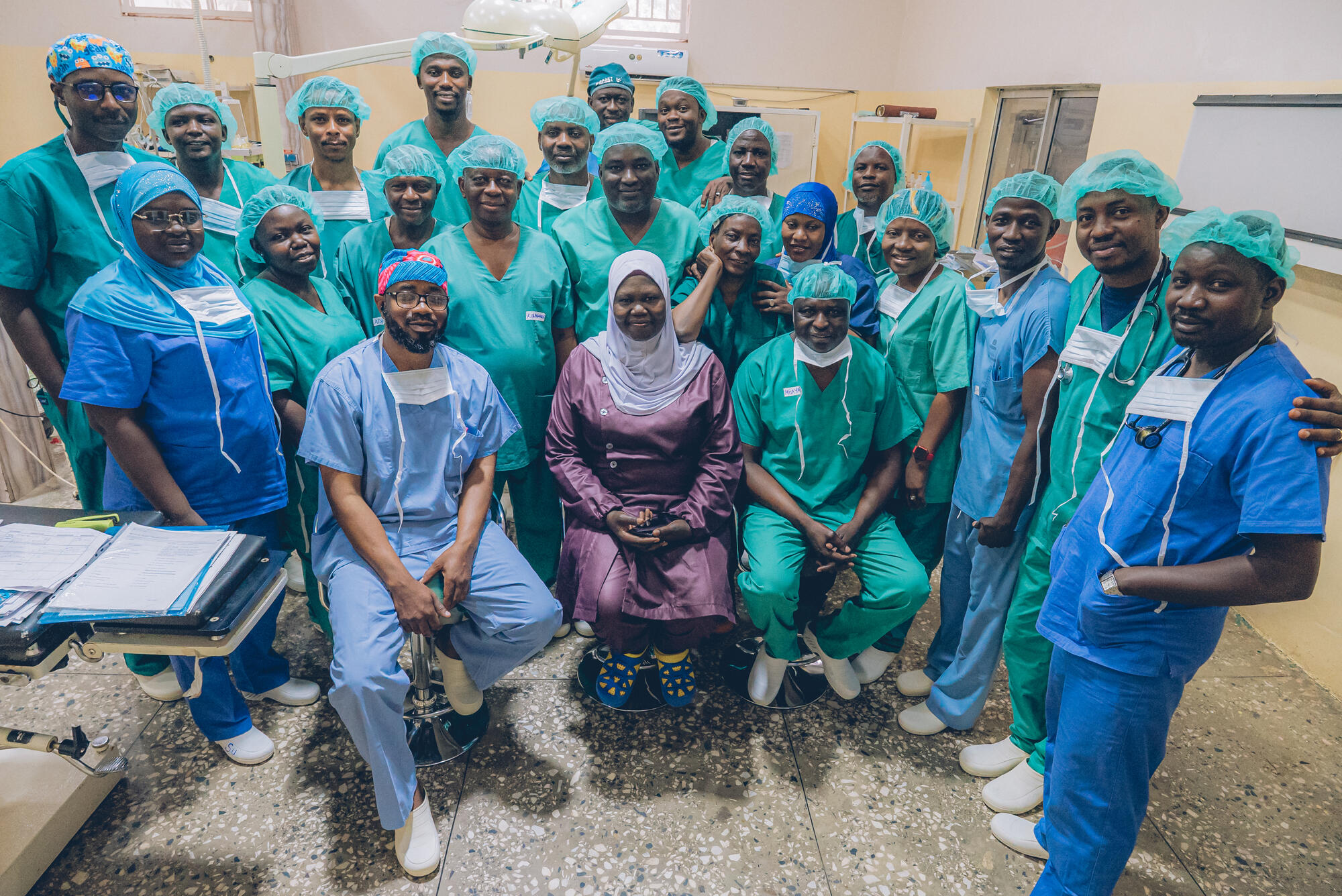Reading Time: 3 minutes
Médecins Sans Frontières/Doctors Without Borders (MSF) is celebrating the inclusion of noma as a neglected tropical disease (NTD) on the World Health Organization’s (WHO) official list. After three years of campaigning, MSF successfully advocated for recognizing noma as an NTD. The decision was formalized by Dr Tedros Adhanom Ghebreyesus, the director-general of WHO, following a meeting of the Strategic and Technical Advisory Group for Neglected Tropical Diseases (STAG-NTD) in October 2023.
The STAG-NTD, after careful consideration, determined that noma met all the criteria for inclusion in the WHO’s official list of NTDs. This recommendation was subsequently communicated to Dr Tedros Adhanom Ghebreyesus, who approved the decision. Noma, a devastating disease affecting vulnerable populations, will now receive increased attention, resources, and support within the framework of neglected tropical diseases, helping to address the unique challenges associated with its prevention, treatment, and control.
MSF’s successful advocacy for the inclusion of noma on the WHO’s official list underscores the organization’s commitment to addressing health disparities and ensuring that diseases affecting marginalized communities receive the necessary global recognition and response. The inclusion of noma as an NTD marks a crucial step toward addressing the specific needs of those affected by this debilitating disease.
We welcome the WHO director-general’s decision, which confirms what MSF and the medical community have insisted on for years: that noma is a neglected tropical disease and deserves all the attention and resources that this implies,” says Mark Sherlock, MSF health programmes manager. “We hope that this decision will shine a spotlight on the disease, facilitating the integration of noma prevention and treatment activities into existing public health programmes, and encouraging the allocation of much-needed resources to help tackle the disease.”
Noma is a completely preventable disease and is easy to treat if addressed in time. Untreated, it destroys the skin and bones of the face in just a few weeks, leading to death for around 90 per cent of those infected. The 10 per cent who survive face a future of pain, disfigurement, and social stigma. The disease most commonly affects children who are malnourished or whose immune systems are otherwise compromised.
The lead sponsor country for the request to have noma recognised as an NTD is Nigeria. In January 2023, the Nigerian Ministry of Health submitted a package to the WHO which included an official request letter, letters of endorsement from 31 countries, and a dossier of evidence demonstrating that noma fits the criteria for inclusion. MSF supported Nigeria in providing the medical evidence, based on years of research, and drawing on MSF’s experience treating survivors of noma, in the hope that NTD listing will bring increased attention, earlier diagnosis and stronger research.
MSF has supported the Nigerian Ministry of Health’s Sokoto noma hospital, in northwest Nigeria, since 2014, where its teams provide reconstructive surgery, nutritional support, mental health support and outreach activities. Since 2014, MSF’s surgical teams in Sokoto have carried out 1,203 surgeries on 837 patients.
“Inclusion in the WHO’s list of NTDs is an important step, but not the final one,” says Sherlock. “We plan to shift towards mobilising resources and strategic alliances within the global health community to facilitate programming and research to raise awareness of noma, reduce mortality and improve the patients and survivors’ life conditions.”
MSF plans to focus on research, expanding its collaboration with academic institutes around the world to discover more about the causes of noma. Another key step will be to integrate noma surveillance systems into MSF’s medical work. “In endemic countries, MSF plans to introduce screening for noma into existing MSF programmes, such as malnutrition screening and vaccination campaigns, with the aim of early detection and prompt treatment,” says Sherlock.
Finally, MSF will continue its advocacy efforts around noma. Its three-year campaign has received strong support from survivors of the disease, who have contributed their voices to get across the simple but important message: that noma is a preventable and treatable disease which should no longer exist.




